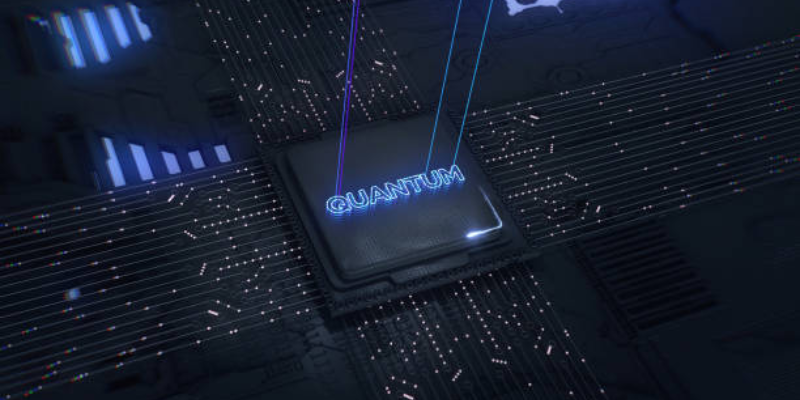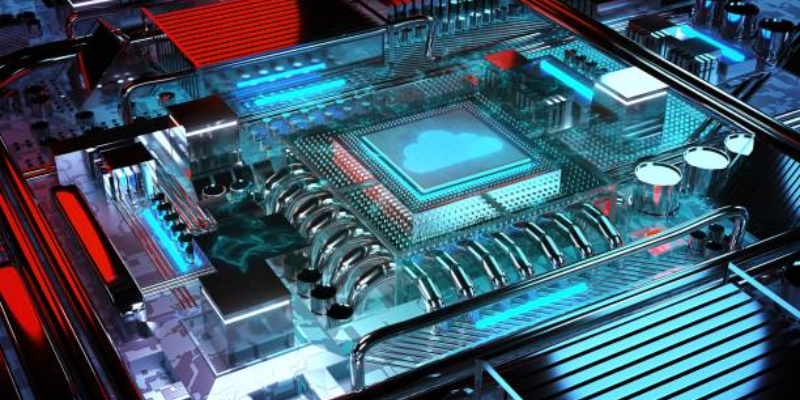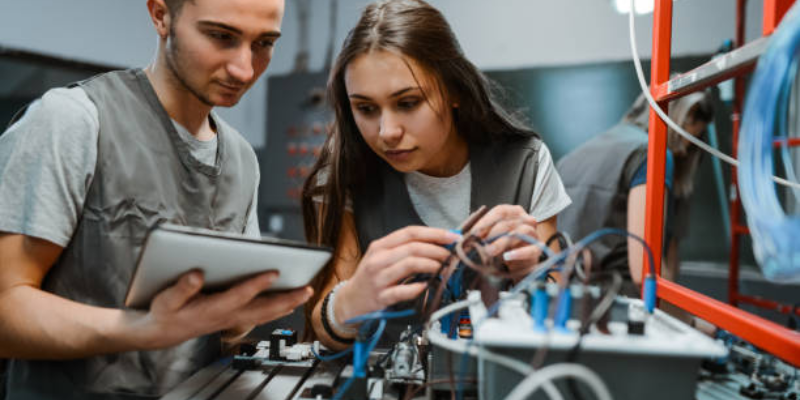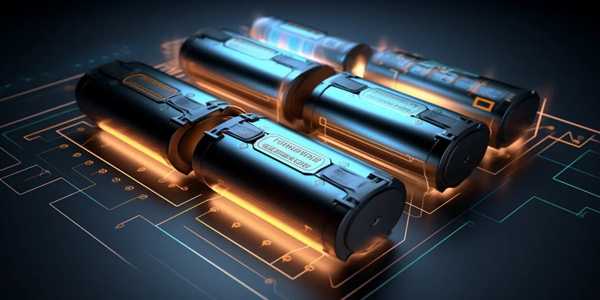How Quantum Computing Will Revolutionize Electronics
Author: Mike Fakunle
Quantum computing isn’t just a buzzword; it’s a game-changing technology that will change how we think about electronics. Classical computers use bits, quantum computers use qubits. Qubits can be 0 and 1 at the same time, thanks to superposition. This means quantum computers can solve problems way faster than classical computers. In this article, I’ll explain how quantum computing will change electronics, from making devices faster to new materials.
What Makes Quantum Computing Different
Quantum computers aren’t just faster versions of classical computers. They work completely differently. Classical computers use bits which can be 0 or 1. Quantum computers use qubits which can be 0, 1 or both at the same time. This is called superposition. Another important property is entanglement. When qubits are entangled the state of one qubit affects the state of another, no matter how far apart they are. This allows quantum computers to process information in ways classical computers can’t.
For example a quantum computer with 50 qubits can do calculations that would take the world’s fastest supercomputer thousands of years to do. This is why companies like Google, IBM and Microsoft are investing billions in quantum research.

Faster and More Efficient Electronics
One of the biggest ways quantum computing will change electronics is by making devices faster and more efficient. Today’s electronics use transistors which are tiny switches that control the flow of electricity. As transistors get smaller they generate more heat and use more power. Quantum computers use qubits that can do multiple calculations at once. This means they can solve complex problems without generating as much heat or using as much power.
For example quantum computers could optimise the design of electronic circuits. This would make devices like smartphones and laptops faster and more energy efficient. According to a report by McKinsey quantum computing could create up to $2 trillion in economic value by 2035 with electronics being one of the key beneficiaries.
New Materials for Electronics
Quantum computing will also help us discover new materials for electronics. Today we use materials like silicon to make transistors. But silicon has its limits. Quantum computers can simulate the behaviour of atoms and molecules which will help scientists design new materials with better properties. For example we could create materials that conduct electricity with no resistance or materials that are stronger and lighter than anything we have today.
In 2020 Google used their quantum computer to simulate the binding of hydrogen chains. Small step but a start to understanding and creating new materials. These materials could be used to make faster processors, better batteries and even flexible electronics.

Better Artificial Intelligence
Artificial intelligence (AI) is already changing electronics, but quantum computing will take it to the next level. AI relies on processing large amounts of data to learn and make decisions. Quantum computers can process this data much faster than classical computers. This will make AI systems smarter and more efficient.
For example, quantum computers could improve machine learning algorithms. These algorithms are used in everything from voice assistants to self-driving cars. With quantum computing, these systems could learn faster and make better decisions. This would make electronics like smart home devices and autonomous vehicles more reliable and effective.
Secure Communication
Quantum computing will also revolutionize the way we communicate. Today, most communication is secured using encryption. But quantum computers could break this encryption in seconds. This might sound scary, but quantum computing also offers a solution; quantum cryptography. Quantum cryptography uses the principles of quantum mechanics to create unbreakable codes. This will make communication more secure than ever before.
For example, quantum key distribution (QKD) is a method that uses entangled qubits to create a secure key for encryption. Even if a hacker tries to intercept the key, the act of measuring the qubits would change their state, alerting the users to the breach. This technology is already being tested in some countries and could soon become the standard for secure communication.
Challenges and the Road Ahead
While quantum computing has the potential to revolutionize electronics, there are still many challenges to overcome. One of the biggest challenges is error correction. Qubits are very sensitive to their environment, and even small disturbances can cause errors. Researchers are working on ways to correct these errors, but it will take time to develop reliable quantum computers.
Another challenge is scaling up. Today’s quantum computers have only a few hundred qubits. To solve real-world problems, we need quantum computers with thousands or even millions of qubits. Companies like IBM are working on this, with plans to build a 4,000-qubit quantum computer by 2025.

The Future of Electronics with Quantum Computing
The future of electronics with quantum computing is bright. From faster devices to new materials, quantum computing will change the way we live and work. It will make our electronics smarter, more efficient, and more secure. While there are still challenges to overcome, the progress we have made so far is promising.
As we continue to develop this technology, we will see more applications in fields like healthcare, finance, and transportation. Quantum computing is not just the future of electronics; it is the future of technology itself.
By understanding and embracing this technology, we can unlock new possibilities and create a better world. The revolution has already begun, and it is up to us to make the most of it.



